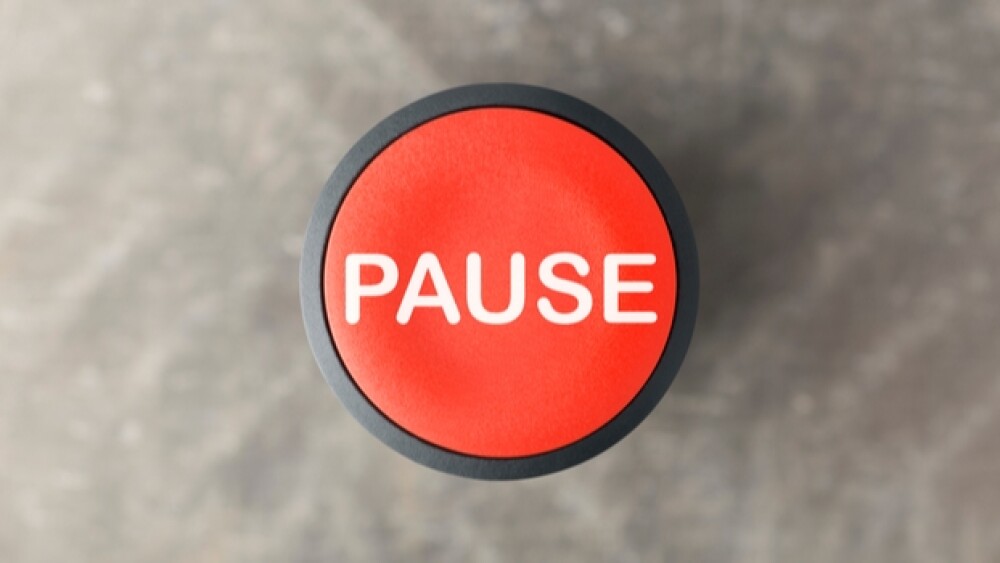The FDA put a clinical hold on UniQure’s Phase III trial after a high-risk participant developed liver cancer.
Even the most promising drugs can hit a pothole in the road to U.S. Food and Drug Administration (FDA) approval, particularly when working in the complicated, evolving world of gene therapies.
After touting positive Phase III results at ASH (American Society of Hematology’s annual meeting), uniQure got slapped with an FDA clinical hold for their hemophilia B treatment due to a patient developing liver cancer.
The research team alerted the FDA of the development after a lesion was found during a routine one-year follow-up. A hepatocellular carcinoma (HCC) is expected to be confirmed with a full surgical resection.
However, the cancer may not be related to the gene therapy, as this particular patient was high risk for liver cancer with a long history of hepatitis C, hepatitis B virus, findings of non-alcoholic fatty liver disease and advanced age. UniQure pointed out that chronic infections with hep B and C are associated with 80% of HCC cases.
“Patient safety will always be our top priority, and we are working closely with the FDA and our advisors to conduct a thorough investigation into the cause of this event which we expect to be completed in early 2021,” said Ricardo Dolmetsch, Ph.D., president of R&D at uniQure. “We will investigate whether there is a relationship to treatment. At this time, we do not have adequate data to determine a possible causal relationship, especially in the context of the other known risk factors.”
The hold is not expected to affect the pivotal trial results as the dosing of the patients is completed.
While several treatments are available for hemophilia B, doctors and patients are holding out hope for a “cure” that will stop the disease at its source. That’s the potential that genetic medicine has held for this area.
UniQure’s drug, AMT-061, substantially increased production of the blood-clotting protein factor IX, the factor missing for hemophilia B patients, in nearly all trial participants with moderate to severe disease.
Drug developers have run into a challenge with gene therapies in patients with high levels of neutralizing antibodies. Those antibodies can disarm a gene therapy by attacking its viral vector delivery system before it ever has the chance to help the patient. Many gene therapy trials won’t enroll patients who test positive for neutralizing antibodies.
UniQure’s gene therapy is delivered by an AAV5 vehicle, which is believed to be harder to impair than other vectors. The company enrolled 23 patients with neutralizing antibodies present. Only one patient did not respond to the therapy. That was one who had a large amount of the antibodies- encouraging results that at least some with neutralizing antibodies could go on the therapy.
“All patients in our hemophilia B gene therapy program, including the 54 patients in HOPE-B, will continue to be monitored by their care teams while we gather additional information as rapidly as possible,” noted CEO Matt Kapusta. “We do not anticipate any impact to our regulatory submission timeline for the hemophilia B program as a result of this clinical hold.”
Featured Jobs on BioSpace






